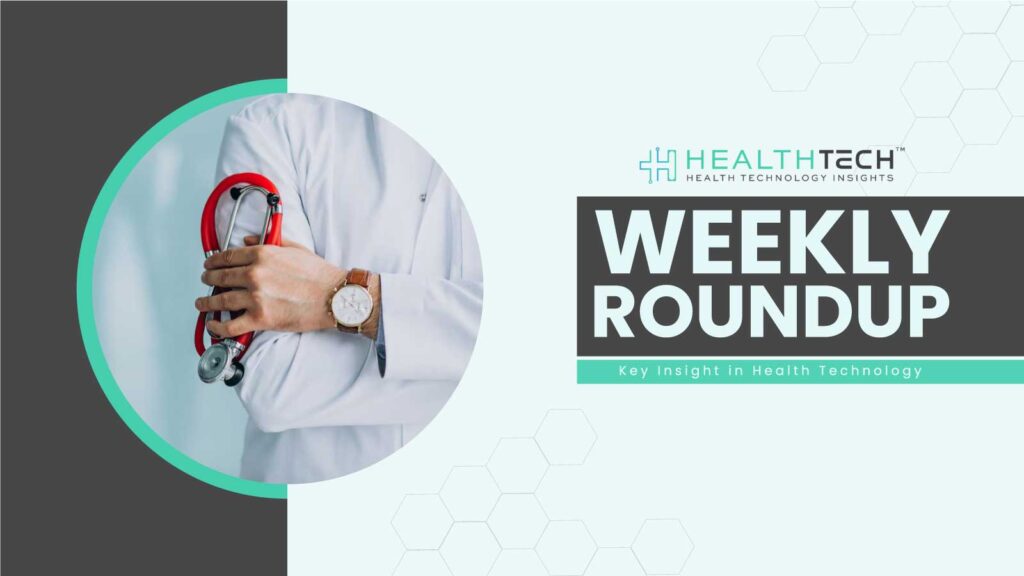Creyos, a top digital platform focused on updating brain health evaluations in clinical environments, has launched a new tool called Care Planning. This feature is meant to help primary care providers create complete dementia care plans during the actual visit, removing the usual need to refer patients to specialists. The new tool makes the planning process easier while offering detailed, personalized care plans that can be used for medical records and to assist families in everyday care choices.
In the past, making a care plan for someone with dementia was a lengthy and challenging task for primary care doctors. A thorough plan usually required collecting data from various sources like different EHR sections, paper records, and specialist comments. This often took more than an hour—time that most doctors don’t have during a regular visit. Because of this, clinicians often had to choose between staying on schedule or doing detailed paperwork after hours, which can lead to burnout. Many families left appointments with little guidance on how to move forward, whether it was managing medications, making the home safer, or handling behavioral issues. The lack of proper care can have serious effects. Research shows that about a quarter of emergency room visits by older adults are connected to dementia, and these patients typically need longer hospital stays—many of which could be prevented with better planning.
Health Technology Insights: Kashiv and JAMP Launch PEXEGRA and FILRA Biosimilars in Canada
Faraz Shafaghi, Chief Product Officer at Creyos, said the idea for Care Planning came from feedback given by healthcare professionals. He explained that many providers were good at diagnosing cognitive issues but didn’t have a practical way to take the next steps. This feedback was central in designing a solution that fits into the fast-paced environment of primary care. According to Shafaghi, Care Planning now lets providers create a full care plan during the visit, offering families clear, actionable steps rather than vague notes or delays.
The Care Planning tool was developed in close collaboration with healthcare workers on the front lines. It introduces several features to make the process more efficient and better quality. These include a detailed needs assessment that covers more than just medical history, such as psychological, social, and functional needs, including safety issues and other health conditions. The platform helps divide tasks among care team members—support staff can enter medication details before the visit, while family members can complete caregiver assessments from home. This frees up more time for doctors to focus on decision-making. It also automatically pulls in past cognitive test results, saving providers up to 30 minutes per patient by cutting down on repeated tasks. Each care plan is set up to meet insurance billing guidelines while also acting as a step-by-step guide for families dealing with dementia care.
Health Technology Insights: Predictmedix AI Unveils Multi-Vertical Growth Strategy
The feature is also very adaptable. Organizations can tailor it based on their goals. For example, a big health system might use it to cut down on hospital readmissions, while a smaller clinic could focus on getting billing right. Each care plan includes important details like medication routines, home safety advice, behavior management techniques, and contacts for local support, all in one document that connects easily to the patient’s electronic health record. Dr. Anthony Zizza, Clinical Advisor at Creyos and Chief Medical Officer at Element Care, described the new tool as a much-needed solution. He pointed out that diagnosing dementia is just the start of a tough process, and families don’t need a brochure or to wait months to see a specialist. Instead, they need help right away. Zizza said Care Planning lets doctors offer that support quickly and effectively. This new feature follows the recent launch of Session Notes, another Creyos tool aimed at improving Medicare Annual Wellness Visit records. Care Planning is part of the company’s wider 2025 plan, finishing its full support system for cognitive care—from early detection to long-term management. Built into a platform used in over 1,000 clinics and supported by more than 400 peer-reviewed studies, the new tool follows guidelines from the Alzheimer’s Association and meets the needs of today’s primary care providers.
Health Technology Insights: Xapify Partners to Digitize TSAM Nursing Orientation Framework
To participate in our interviews, please write to our HealthTech Media Room at sudipto@intentamplify.com




